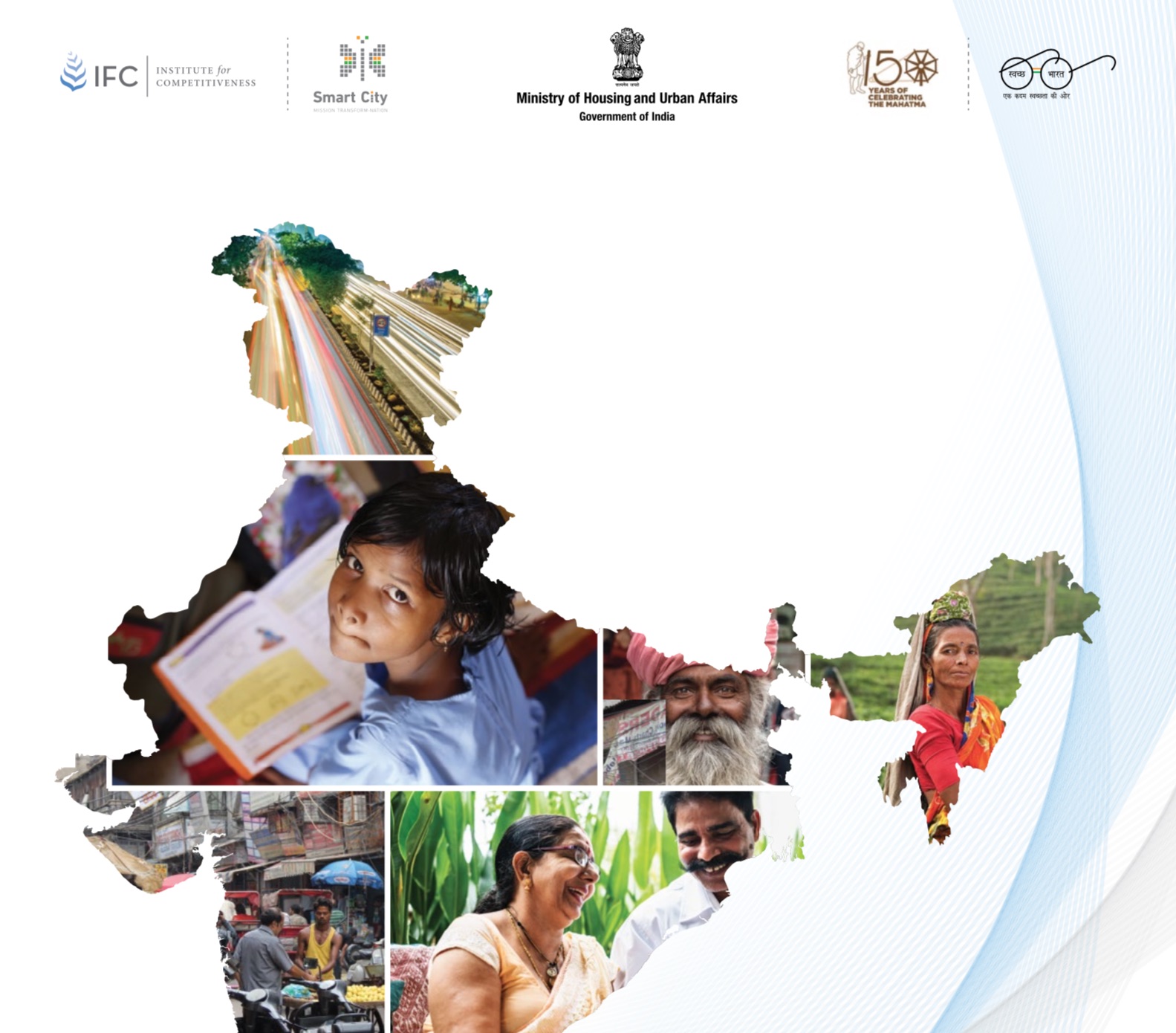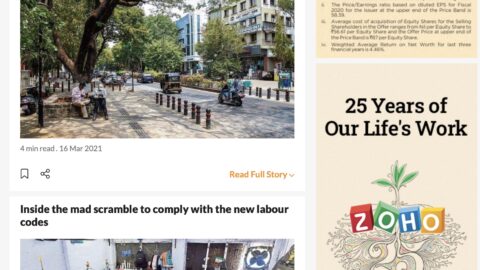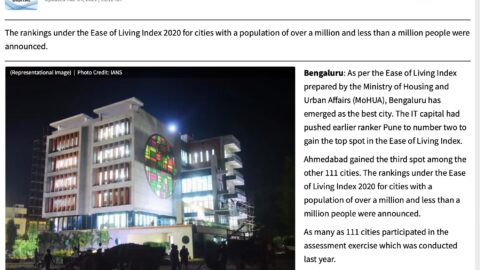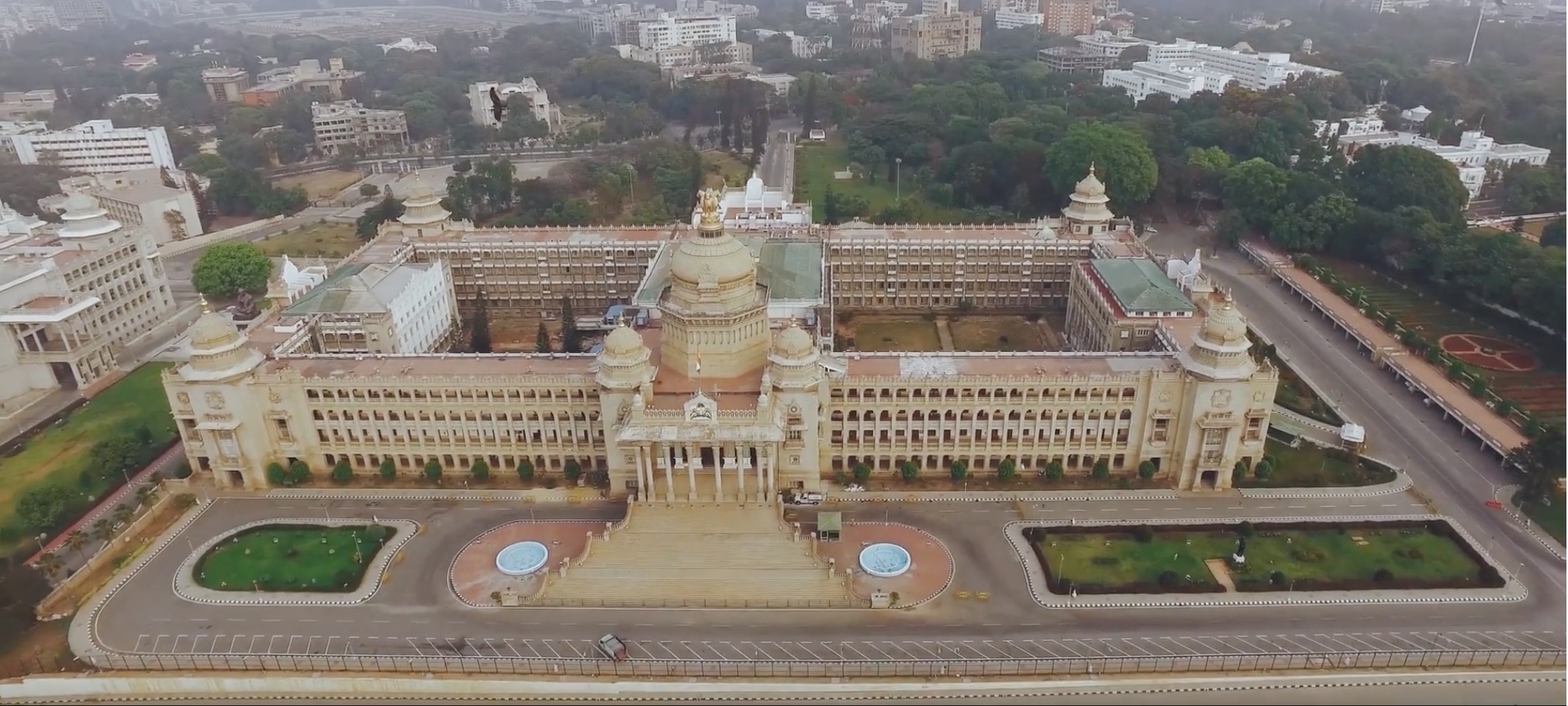Secretary, Ministry of Housing and Urban Affairs
Projections reveal that over 60 crore people i.e. 40% of total population are expected to live in urban areas by 2030. This number will increase to over 85 crore i.e. more tŃan 30% of our population will be residing in urban India by 2050.
This swift urban expansion has put the development of urban spaces at the forefront of our policies and programs. Recognising the need to meet these challenges and convert them into opportunities, Ministry of Housing and Urban Affairs, under the vision of Hon’ble Prime Minister, launched a series of initiatives such as Deen Dayal Antyodaya Yojana-National Urban Livelihood Mission (DAY-NULM), Swachh Bharat Mission-Urban (SBM-U), Atal Mission for Rejuvenation and Urban Transformation (AMRUT), Pradhan Mantri Awas Yojana- Urban (PMAY-U), Smart Cities Mission (SCM) Schemes/Projects for Urban Transport. These transformational Programmes/ Schemes seek to address poverty alleviation, affordable housing, sanitation, infrastructural challenges, and harnessing technology to drive urban development.
Ministry developed Ease of Living Index to help assess urban areas’ development and provide insights on how cities perform across sectors. In its second edition, Ease of Living Index, 2020, incorporates learning from the previous edition, expanding and refining the scope of the assessment. The Index examines citizens’ quality of life in 111 cities across four pillars, 13 categories, and 49 indicators. The pillars comprise of Quality of Life, Economic Ability, Sustainability and Citizens Perception Survey. These pillars expand across 13 categories: Education, Health, Housing Shelter, WASH & SWM, Mobility, Safety & Security, Recreation, Economic Development, Economic Opportunities, Environment, Green spaces & Building, Energy Consumption and City Resilience. The framework includes a Citizens’ Perception Survey, which examines service delivery satisfaction of the people. It allows residents of a city to evaluate their local governance and administration based on their public service delivery performance.
The learnings from this Index will enable cities to build practices that improve ease of living of their citizens and offer economic growth and sustainability in the long run. It will help Indian cities to achieve Sustainable Development Goals’ outcomes by identifying local development goals and track theirprogress.
I want to commend the team Smart City Mission, India Smart Cities Fellows, Institute for Competitiveness, Karvy Data Management Services, and their supporting partners for their effort and hard work in developing the framework for this Index and providing comprehensive insights that guide urban management practices.
I hope this Index will motivate cities to focus their efforts to improve liveability and enhance ease of living to the citizens through concerted efforts.























